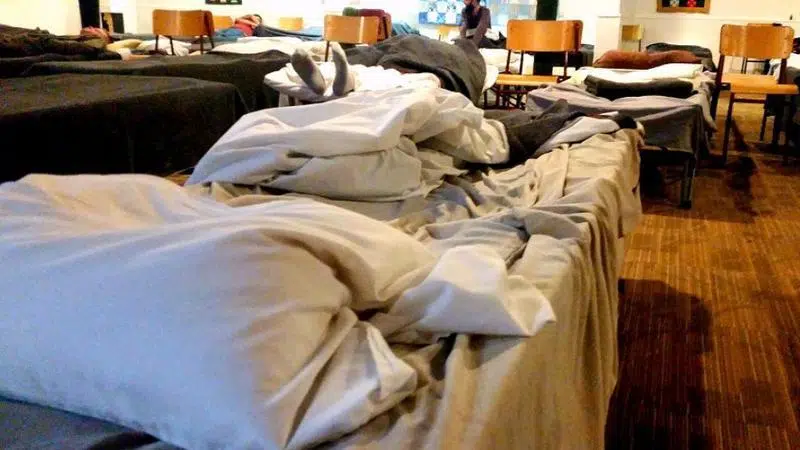
Shelter hours to expand as Nanaimo grapples with increasing homelessness crisis
NANAIMO — One year after a sizable homeless camp in downtown Nanaimo sprawled out of control, the homelessness situation in the harbour city is widening to greater levels of crisis.
Nanaimo RCMP superintendent Cameron Miller told councillors his officers estimate there will be roughly 500 people experiencing homelessness in Nanaimo this summer. This number was provided after 150 people moved from Discontent City into temporary shelters hastily built by the province as part of the plan to remove the encampment.
A point-in-time count in the early summer of 2018 estimated there was up to 400 people considered homeless at the time. It was a significant increase from the previous count several years before.
To accomodate the ever-widening crisis, BC Housing funded the year-round operation of the Unitarian Shelter on Townsite Rd. in 2018. It houses up to 30 people a night and was originally run as an extreme weather shelter in the winter.


